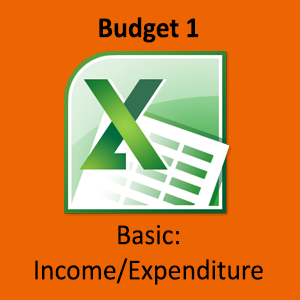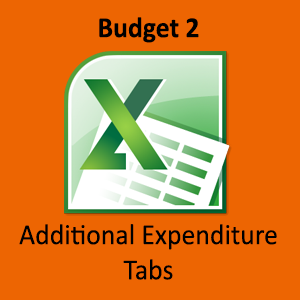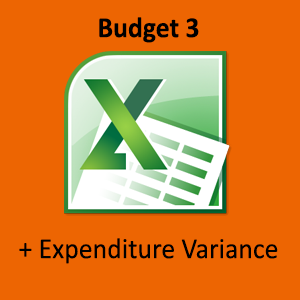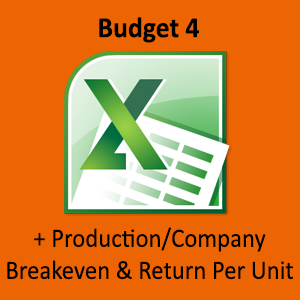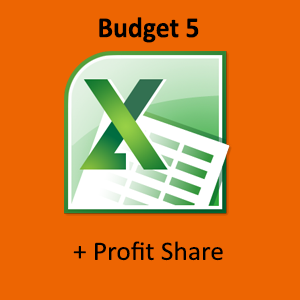There’s no requirement to purchase the book in order to use these free online training budgets for theater productions, but they will make a lot more sense in context.
I’ve chosen to do this so there can be no reason that anyone can not to run an ethical Open Book Theater Management low/no budget theatre production or company based around the idea that they cannot afford the resources.
Throughout the budgets, look out for little notes from me. I’ve left these to clarify things that might need a little extra explanation, and they should help you to navigate your way around with a little more confidence. Once I’ve left you a note for one thing, I won’t do so in later budgets, so you can build your learning budget by budget.
Download one budget at a time and play with it. Try entering different figures in different places, and see if you’re commercially viable or not. Remember these three things as you play:
- You are in charge of the numbers; the numbers are not in charge of you.
- You can’t change a number in a white box with a black border around it – that box is doing calculations, and you don’t want to disturb it.
- You can always play around with numbers in coloured columns to see what difference the new numbers you enter make to the Summary sheet.
See my notes down the bottom of this page and on each of the budget pages for help.
Notes
The figures that I’ve put in bear absolutely no relationship to reality. They’re simply there so that you’ve got some numbers to play with from the start.
Each budget could though, in theory, be used as a template for an Open Book Theater Management production. All you need to do is to get your research done to work out your costs and projected incomes, and then substitute them for mine. Voila! A working budget. I’ve even left a few blank lines for you to add more items without having to do anything to the spreadsheets themselves.
It’s worth bearing in mind that these training budgets were developed with a certain commercial funding model in mind, and so are unlikely to be suitable for any budgets you might be putting together as a proposal for grant based funding. They are intended to support a model of theater production that relies on private funding alone, so that you no longer have to go to the establishment with the begging bowl.
If you happen to be an Excel whizz, you’ll notice that I’ve locked all the cells on each tab. They’re not password protected, so if you want to use these budgets as templates to add to and create your own, please feel free to simply unlock them and have a play around. If you’re not used to Excel, don’t worry about this bit – it just means that I’ve set up the spreadsheets so that it’s not possible for you to type numbers into places where it’ll mess the spreadsheet up and make it not work properly.
Move through the budgets in order, even if you’re comfortable with Excel. This will help you to follow the learning curve when you get to the more extensive budgets.
It’s worth noting that even the most complicated budget you’ll find here for training purposes is not a budget that I currently use myself. Each show tends to demand its own type of budget. For example, our most recent budget included a page for cashflow forecasting on a weekly basis, as well as some rather complex formulas necessary for that specific show.
You’ll also notice (if you’re on a Theater Production course or already use budgets for your own Theater productions) that these budgets look significantly different from anything you may have used before. That’s because they are specifically tailored for Open Book Theater Management start-ups. If you were applying for public arts funding, for example, your budget sheet would look distinctly different. These budgets are in no way meant to be a definitive method of running a theater budget – they’re here for you to learn and practice Open Book Theater Management methodology. Be a magpie, take the bright and shiny bits, and make them work for you in the way that makes the most sense to you.
If you get to the level where you’d like to have the kind of facilities like cashflow forecasting built in to your budget, then it’s time for you to either realise that you now know enough about Excel to design your spreadsheets yourself, or to get a book about Excel and learn how to. These training budgets are only a starting point – they are designed to stop you being afraid of budgeting, and are here to make it possible for you to practice budgeting or to mount Open Book Theatre Management productions. If you’re getting successful and need more complexity, then you’ll be successful enough that you no longer need to have your hand held by me.
